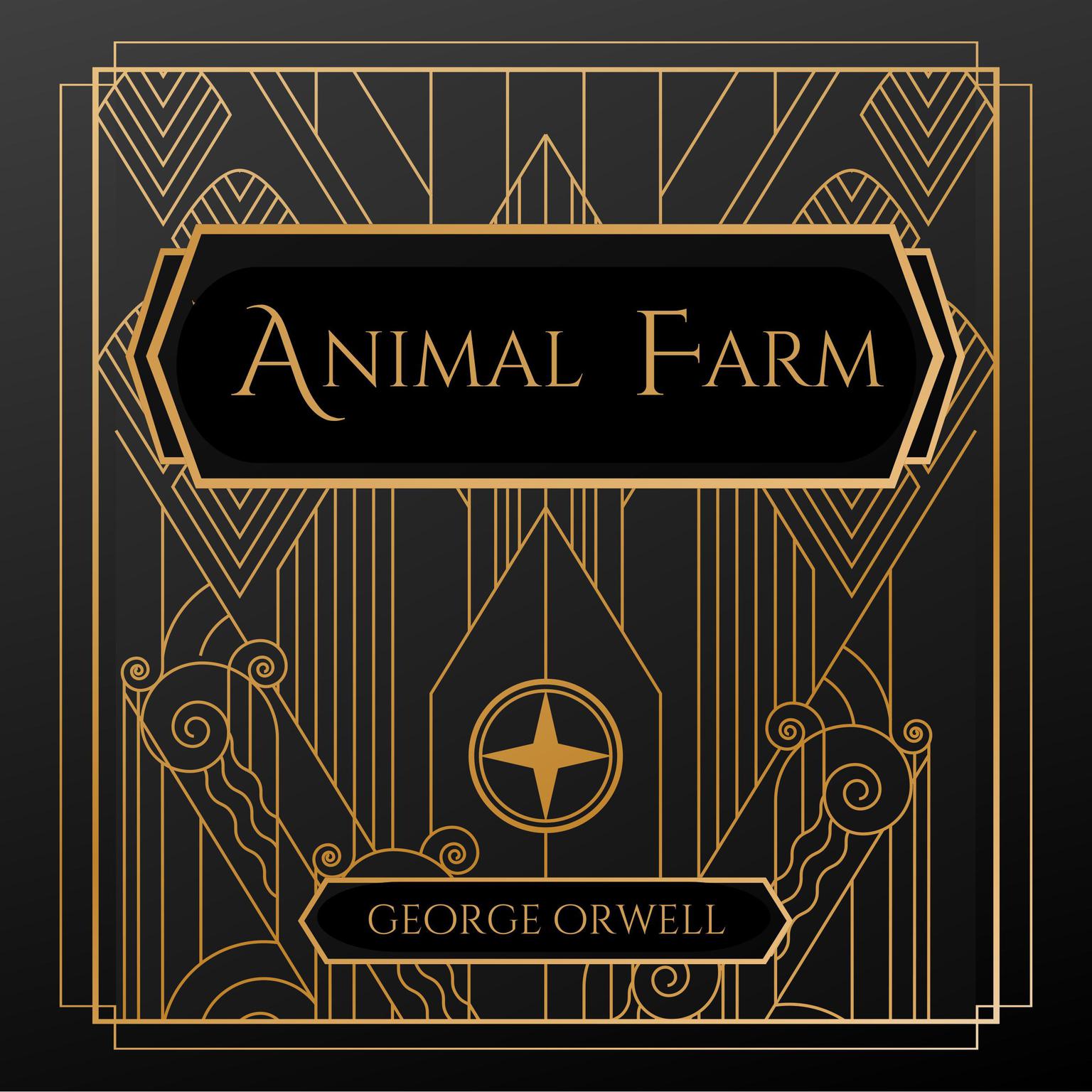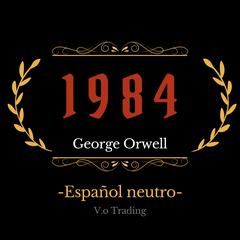 Play Audiobook Sample
Play Audiobook Sample
Animal Farm Audiobook
 Play Audiobook Sample
Play Audiobook Sample
Quick Stats About this Audiobook
Total Audiobook Chapters:
Longest Chapter Length:
Shortest Chapter Length:
Average Chapter Length:
Audiobooks by this Author:
Publisher Description
As timeless as it is timely, "Animal Farm" is a satirical allegorical novella, by George Orwell, first published in England on 17 August 1945. It tells the story of a group of farm animals who rebel against their human farmer, hoping to create a society where the animals can be equal, free, and happy. Ultimately, the rebellion is betrayed, and under the dictatorship of a pig named Napoleon, the farm ends up in a state as bad as it was before.
According to Orwell, Animal Farm reflects events leading up to the Russian Revolution of 1917 and then on into the Stalinist era of the Soviet Union. Orwell, a democratic socialist, was a critic of Joseph Stalin and hostile to Moscow-directed Stalinism, an attitude that was critically shaped by his experiences during the Barcelona May Days conflicts between the POUM and Stalinist forces during the Spanish Civil War. [a] In a letter to Yvonne Davet, Orwell described Animal Farm as a satirical tale against Stalin ("un conte satirique contre Staline"), and in his essay "Why I Write" (1946), wrote that Animal Farm was the first book in which he tried, with full consciousness of what he was doing, "to fuse political purpose and artistic purpose into one whole".
Download and start listening now!
Animal Farm Listener Reviews
Be the first to write a review about this audiobook!
About George Orwell
George Orwell (1903–1950), the pen name of Eric Arthur Blaire, was an English novelist, poet, essayist, journalist, and literary critic. He is best known for his works of social criticism and opposition to totalitarianism. He also wrote nonfiction about his experiences in the working class and as a solder. His work remains influential in popular culture and in political culture, and the adjective “Orwellian,"describing totalitarian and authoritarian social practices, has become part of the English language. In 2008, the London Times named him the second-greatest British writer since 1945.























